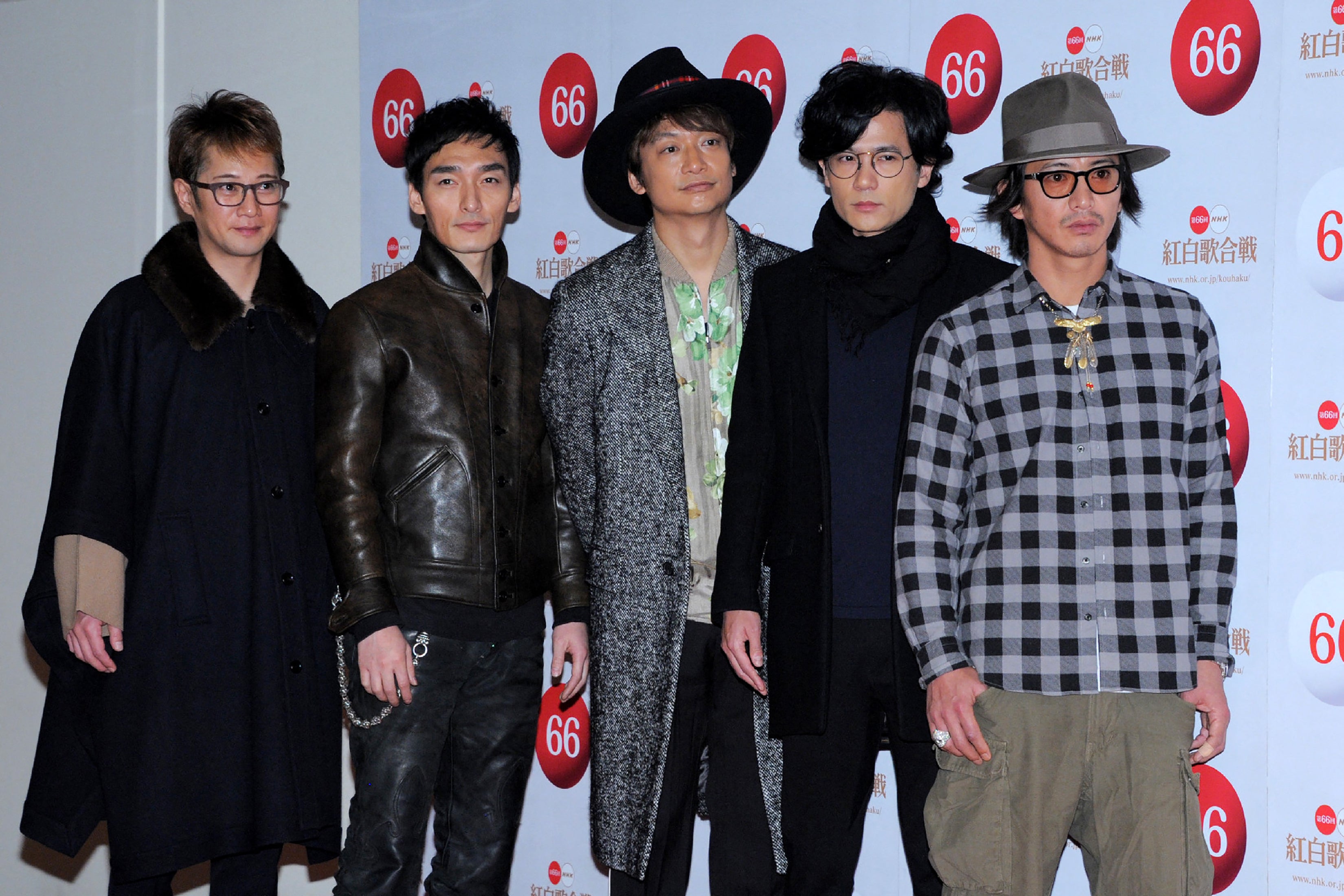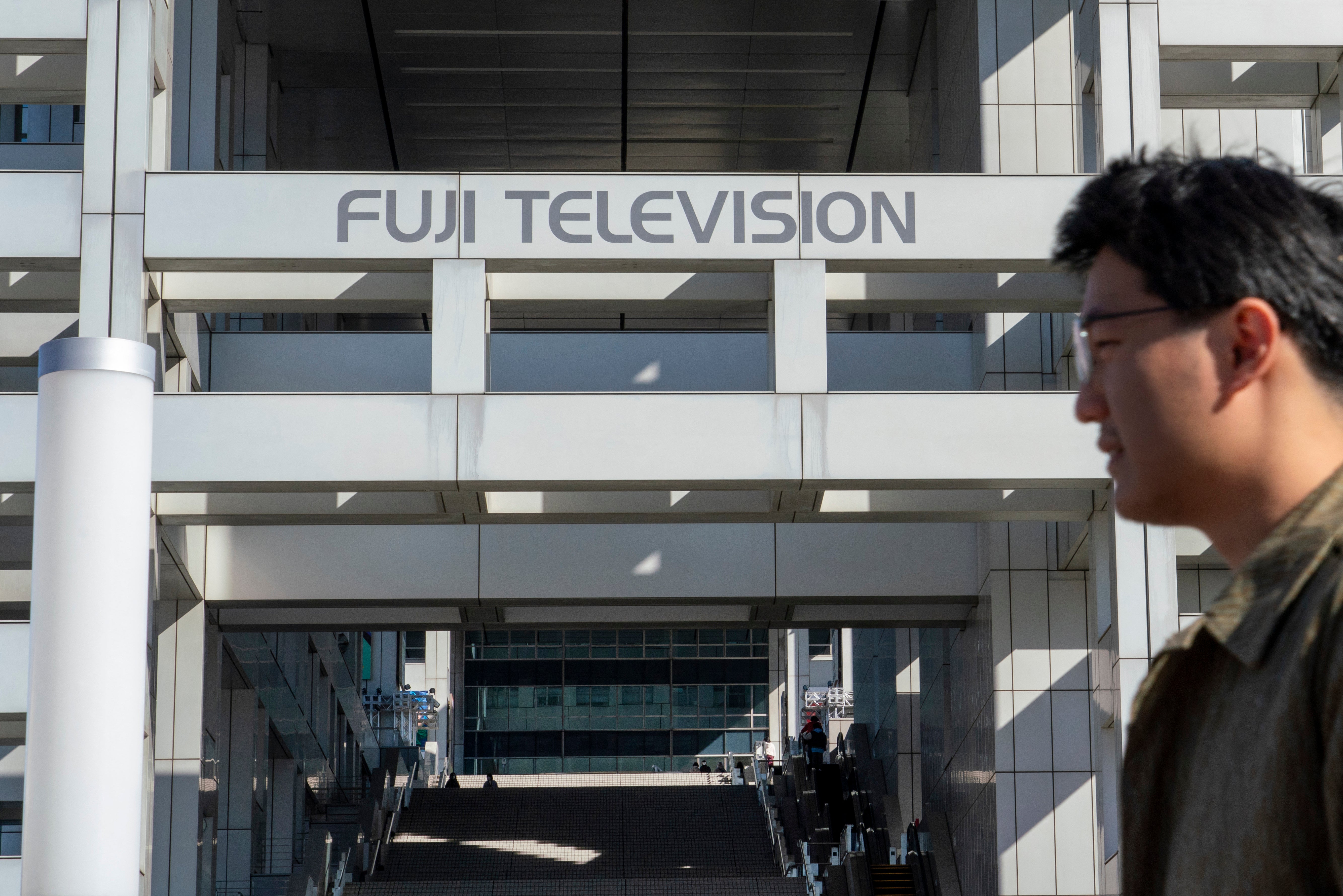Japanese television presenter Masahiro Nakai, who is currently embroiled in a sexual assault scandal, announced on Thursday that he was retiring from the entertainment industry.
The former member of the boy band SMAP was accused of sexual misconduct by a woman last year, which was then followed by news of a ¥90m (£471,960) out-of-court settlement, all reported by weekly magazines Josei Seven and Shukan Bunshun.
“I, Masahiro Nakai, am retiring from show business as of today,” Nakai, 52, said in his statement, according to a translation by The Yomiuri Shimbun.
He added that conversations regarding the suspension of any television programme he was on, as well as terminating contracts with broadcasters and sponsors, had “all ended”.
“I in no way feel that I have fulfilled all my responsibilities. I will continue to face my problems and will respond in good faith. I take full responsibility. I am deeply sorry for the distress and pain I have caused so many people,” he said.
“Once again, I would like to extend my sincerest apologies to the other party as well,” he said, likely alluding to the woman in the sexual misconduct case.
Nakai also said he will close his management company as well, once remaining procedures are completed.
“The details of the trouble are protected between the parties involved,” a lawyer representing Nakai said in a statement, reported Asahi Shimbun.

Nakai was a member of the five-member boy band SMAP, created in 1988 by music producer Johnny Kitagawa. After debuting in 1991, SMAP quickly became one of the most successful boy bands in Asia, often referred to at the time as a “national treasure” by the Japanese.
After the group disbanded in December 2016, Nakai continued working in the entertainment industry as a television presenter.
The alleged assault reportedly took place at a dinner organised by a Fuji TV executive. The broadcaster denied their employee’s involvement in setting up the dinner, and a statement from Nakai acknowledging that he had “gotten into trouble” also stated that there “was no involvement of parties other than those concerned in this case”.

After one of Fuji TV’s shareholders demanded an investigation, the company held a press conference on 17 January to announce that a third-party committee had been established to do so. However, according to media reports, the broadcaster was heavily criticised after president Koichi Minato admitted the network knew about the allegations at least six months before the reports on Nakai’s alleged assault were published.
At least 50 companies, including Toyota Motor Corp, East Japan Railway Co, Shiseido Co, and Nippon Life Insurance, have suspended their advertising on the channel.
Japan’s entertainment industry has come under fire recently, with several drawing parallels between how allegations of sexual assault by both Nakai and late music mogul Kitagawa were handled.
The Independent has reached out to Nakai and Fuji TV for comment.







